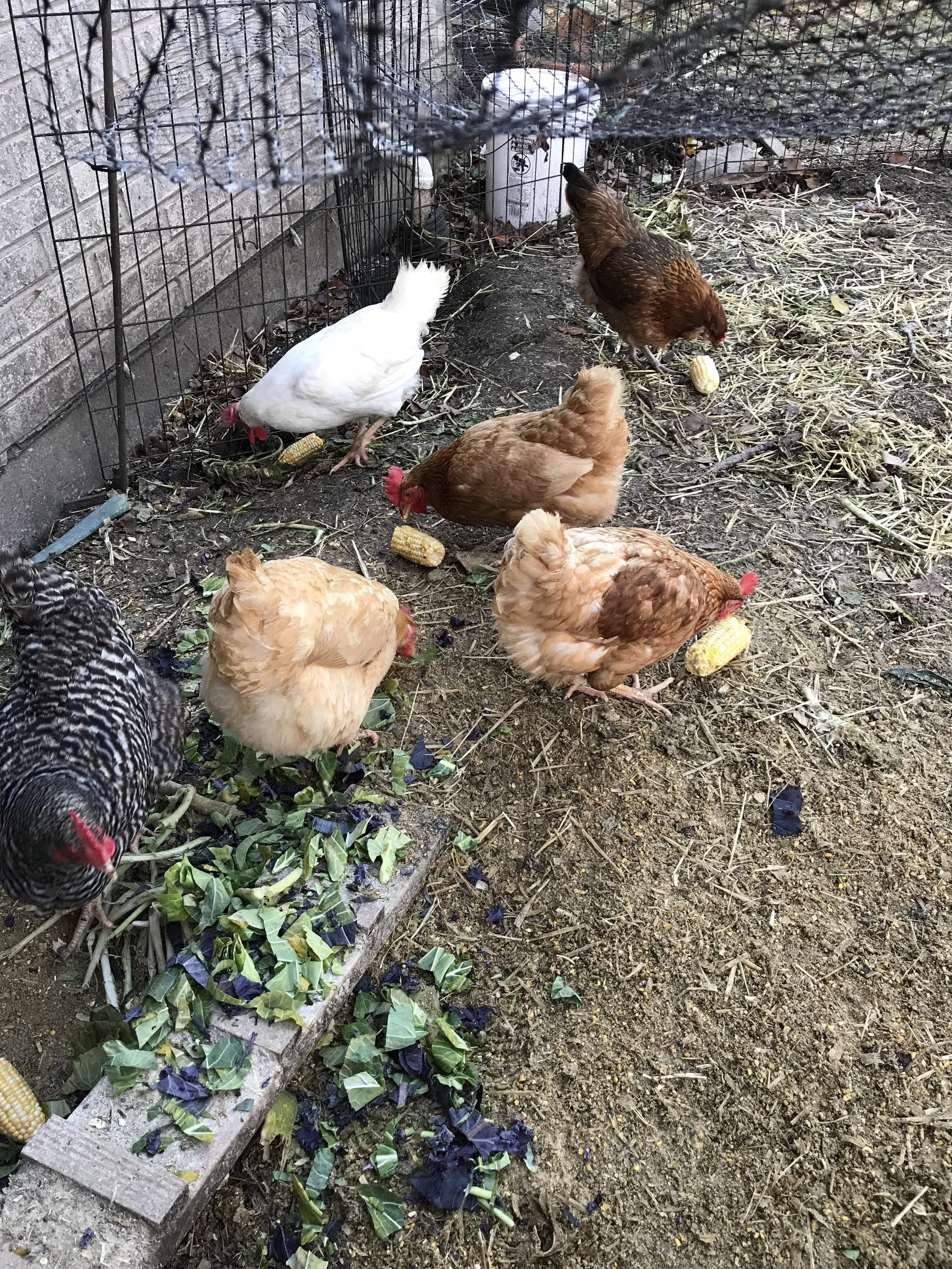Welcome
Good Worx Inc. is committed to raising awareness and engaging others in social issues impacting us all - both locally and globally!
Click on any image in our Worx Folio(above) to learn more about our projects -
It's all Good!
#FoundFood630
In the fall of 2018 we piloted a small food rescue initiative redirecting over 34,000 lbs. of food from landfills!
It started when we were visiting a local pantry partner and witnessed the process they must follow to insure that the food they’re offering their clients is the safest and freshest it can be. This pantry offers their clients fresh produce throughout the year which is unique and not something many of the smaller pantries are able to do.
Produce moves through the system in such high volume, coming from various sources - grocery stores, food banks, local residents. There are times when the demand is unable to keep up with the supply and food is wasted and trashed and sent to dumpsters and in turn to landfills.
FOOD WASTE FACTS: A troubling fact from a UFL study - Today in the US, over 60 billion pounds of vegetable scraps go to the landfill. Currently, 5% is made into compost. This means 95% is creating methane gas as it breaks down in the landfill.
Three Chances to Redirect our Rescued Food
A 400 lb. rescue - Jan. 2019
REDIRECTED FROM LANDFILLS
Our priority is to quickly work to redirect rescued food to neighbors who can still benefit from it before it spoils.
With our pilot we were able to redirect over 5,000 lbs. of fresh fruit to area students.
Our chickens have benefited from recent rescues and get leftovers we can’t share with neighbors
FEED LIVESTOCK
We have been sharing any rescued food that is showing signs of spoiling or compromised in any way with our hens in recent months - they’ve never been healthier!
Our composting system has nearly tripled since we’ve been rescuing food.
COMPOST
Our third chance to redirect our rescued food from the landfills to a beneficial use-create organic matter/compost all foods severely compromised and redirect to our growing spaces-benefiting our soil and in turn our crops!













